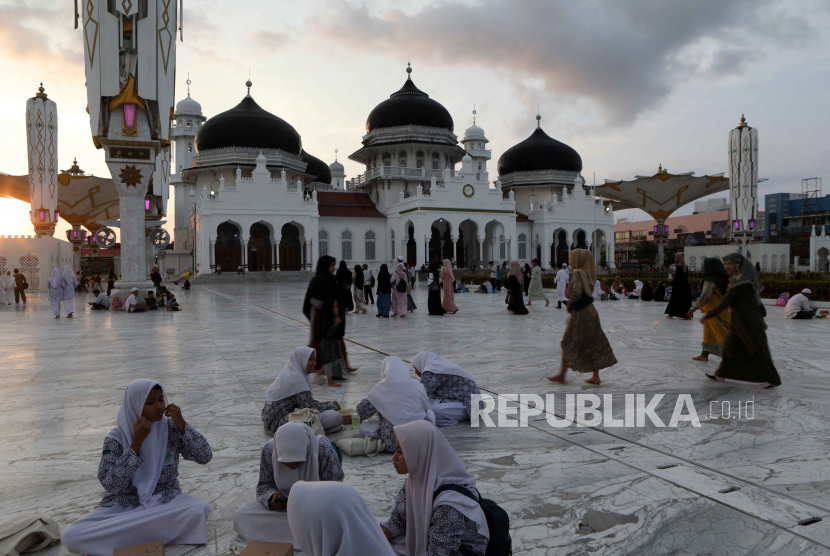REPUBLIKA.CO.ID, BANDA ACEH - Researchers of the Tsunami and Disaster Mitigation Research Center (TDMRC) of Shia Kuala University (USK) Ibrahim said that the mosque could be an alternative evacuation building during a tsunami disaster.
“During the tsunami disaster of 2004 in Aceh, mosques have proven to be one of the alternative places for many people to save themselves,” Ibrahim said, in Banda Aceh, Wednesday (20/12/2023).
Ibrahim said that based on the tsunami disaster of 19 years ago, the mosque has become a place for people to evacuate, even mosque buildings such as Baiturrahman Grand Mosque, Rahmatullah Lhoknga Mosque and Ulee Lheue Mosque still survive and could save many people.
“Looking at the potential for damage to buildings, mosques have a lower risk than other public buildings,” he said.
He said the mosques were still standing solid despite being hit by the tsunami, because their construction and architectural design were open walls.
For this reason, he concluded that mosques can be an alternative evacuation building that can be used during disasters, especially tsunamis, provided that they are supported by solid and earthquake-resistant building construction.
“It is necessary to map the mosque's potential as an evacuation building, security in terms of structure, access to the roof part of the mosque during a tsunami disaster and its equipment, as well as the preparedness of the mosque manager,” he said.
Moreover, he continued, based on McCaughey's (2017) research, as many as 32 percent of Aceh people chose vertical evacuation to vertical evacuation (TVE) buildings, one of which was a mosque at the time of the 2004 tsunami disaster.
“The mosque was given top priority as an evacuation site because it had a great influence in the practical and spiritual context during the Aceh tsunami of 2004,” he said.


